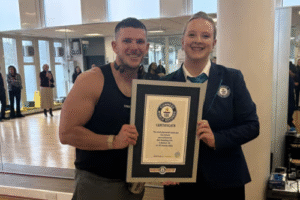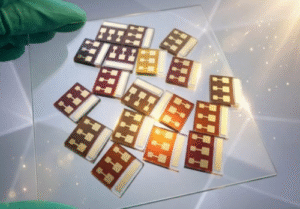Contributions of Ancient Indian Astronomers
Lagadha (c. 900 BCE) – The Pioneer of Indian Astronomy
Lived near Srinagar, Jammu and Kashmir.
Authored Vedanga Jyotisha (Jyotishavedanga) – the earliest known Indian text on astronomy.
Developed simple mathematical formulae to calculate unknown values from known quantities, contributing to early mathematical astronomy.
His work was aligned with Vedic rituals, focusing on lunar and solar cycles for determining auspicious times (muhurtas) and seasonal changes.
One of India’s greatest mathematicians and astronomers.
First to propose that the Earth is round and rotates on its axis, explaining day and night.
His heliocentric theory suggested that the Earth orbits the Sun (though this was not widely accepted at the time).
Introduced trigonometric functions (sine and cosine) and used decimal place values, influencing global mathematics.
Wrote the Aryabhatiya, covering astronomy, algebra, and trigonometry.
Lagadha’s systematization of astronomy laid the foundation for later developments in Indian mathematical and observational astronomy.
Aryabhata’s insights on Earth’s rotation and planetary motion were centuries ahead of their time and influenced later astronomers, including Brahmagupta and Bhaskara I.







